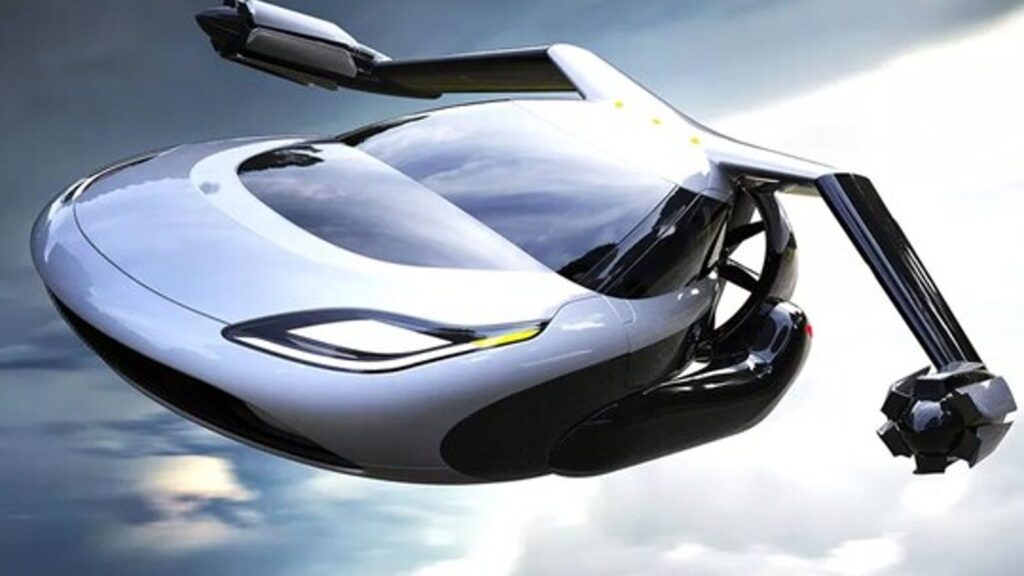Suzuki Motor Corporation, the renowned Japanese automotive manufacturer, is gearing up to revolutionize personal transportation with its groundbreaking SkyDrive electric flying cars. In a bid to address traffic congestion and provide a futuristic mode of transportation, Suzuki has embarked on an ambitious project to develop electric vertical takeoff and landing (eVTOL) aircraft. This endeavor signifies a significant leap forward in the realm of urban mobility and sets the stage for a new era of futuristic transportation solutions.

Suzuki Motor Set to Revolutionize Personal Transportation with SkyDrive Electric Flying Cars
With a rich history spanning over a century, Suzuki has established itself as a leader in the automotive industry. Known for producing reliable and efficient vehicles, the company has continually pushed boundaries to adapt to changing times. Recognizing the increasing challenges posed by traffic congestion, Suzuki is now channeling its expertise into developing cutting-edge solutions for urban mobility.
The SkyDrive Project: Redefining Transportation
The SkyDrive project represents Suzuki’s ambitious foray into the realm of flying cars. With a vision to create a compact and efficient eVTOL aircraft, the project aims to overcome the limitations of traditional ground-based transportation. By combining electric propulsion technology with vertical takeoff and landing capabilities, Suzuki intends to offer a convenient and environmentally friendly mode of transportation that can seamlessly navigate through urban landscapes.
Key Features and Technological Advancements
The SkyDrive electric flying cars incorporate several key features and technological advancements that set them apart from conventional automobiles. Here are some notable highlights:
- Electric Propulsion: The SkyDrive eVTOL aircraft rely on electric motors for propulsion, ensuring zero emissions and reduced environmental impact. This aligns with Suzuki’s commitment to sustainable mobility solutions.
- Vertical Takeoff and Landing: Equipped with advanced vertical takeoff and landing capabilities, the SkyDrive vehicles can efficiently navigate congested urban areas by taking off and landing in designated vertical spaces, such as rooftops or designated landing pads.
- Compact Design: Suzuki’s flying cars boast a compact design, enabling them to maneuver effortlessly through crowded cityscapes. This compactness ensures minimal space requirements for takeoff and landing, making them suitable for densely populated areas.
- Autonomous Flight: The eVTOL aircraft will incorporate autonomous flight capabilities, reducing the reliance on human piloting skills and enhancing safety. Advanced AI systems and sensor technologies will enable precise navigation and collision avoidance.
- Safety Measures: Suzuki places a strong emphasis on safety. The SkyDrive vehicles will undergo rigorous testing and adhere to stringent safety standards, ensuring the highest level of passenger security.
Future Prospects and Implications
Suzuki’s SkyDrive project has the potential to transform the way people commute and navigate cities. By introducing electric flying cars, Suzuki aims to alleviate traffic congestion and provide a time-efficient mode of transportation, especially for urban areas where ground-based mobility is limited. Furthermore, the shift towards electric propulsion contributes to reducing carbon emissions, aligning with global sustainability goals.
The development and widespread adoption of eVTOL aircraft can pave the way for new business opportunities and services. These flying cars can revolutionize emergency response, enable swift medical transportation, and provide an efficient mode of transport for various industries, such as logistics and tourism.
